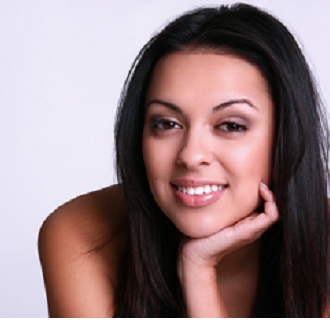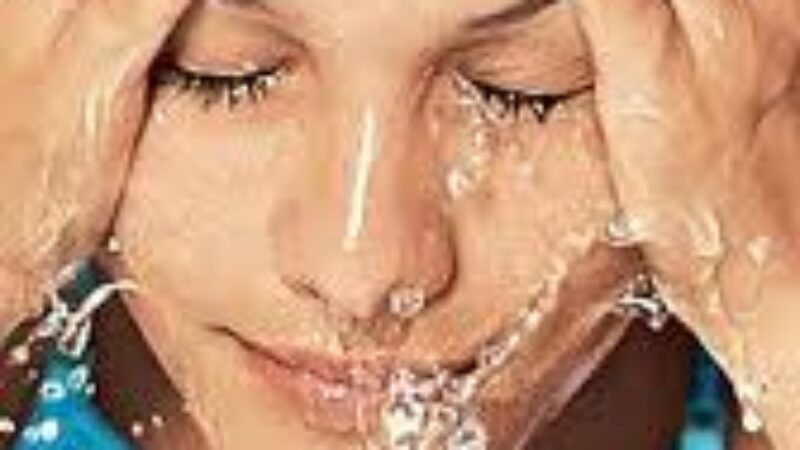Blackheads, more scientifically known as open comedones, are a common skin condition that appear as small, dark spots on the skin. Although they may look like specks of dirt, blackheads have nothing to do with your skin’s level of cleanliness. They’re actually a combination of excess oil and dead skin cells that have been trapped in the pore and exposed to air, which causes it to turn black.
Blackheads can be annoying and stubborn, but there are steps you can take to treat and get rid of them:
- 1. Cleanse Your Skin. Effective cleansing with soap-free cleansers like La Roche Posay’s Effaclar Purifying Foaming Gel are specially formulated to clean the skin while promoting normal oil production. A new concept that is slowly gaining popularity is the practice of double cleansing. Although it may seem completely counter-intuitive, double cleansing uses an oil-based cleanser to first clean the skin and “melt” excess sebum that can clog the pores, followed by a foaming cleanser geared towards acneic skin.
- Exfoliate gently. One of the main reasons why pores can become clogged with sebum is the presence of dead skin cells. Skin normally goes through a 28-day cycle during which dead cells on the uppermost layer are shed, making room for new, healthier skin cells. If those dead skin cells were to drop away, they wouldn’t pose a problem. Unfortunately, they often cling to the surface of your skin, blocking your pores. By incorporating a gentle exfoliant such as MaMa Lotion into your routine, you can remove those problematic dead skin cells.
- Avoid heavy moisturizers. Because blackheads tend to occur more often in oily skin types, heavy moisturizers can actually exacerbate the problem. Look for light, fluid lotions that are non-comedogenic. Consider Apothekari Daily Infusion Moisturizer or La Roche Posay Hydreane for normal/combination skin. Both are light, absorb quickly and are paraben-free.
- Use a beta hydroxy acid or salicylic acid treatment. Beta hydroxy acids are able to penetrate through oil so they are particularly effective in unblocking the clogged pores that can lead to pimples, blackheads and other blemishes on the skin. BHAs are found only in the form of salicylic acid. La Roche Posay’s Effaclar line features salicylic acid and LHA, a derivative of salicylic acid, which are helpful in managing breakouts. Unagel also uses 2% salicylic acid in a gentle, non-irritating gel base to promote exfoliation.
- Treat with retinoids. Retinoid preparations such as retinal (Apothekari A is for Anti-Aging), retinol (Green Cream) or prescription tretinoin are vitamin A derivatives that are effective for treating blackheads. Retinoids work by accelerating skin cell turnover and preventing clogged pores. Though effective, retinoids should not be used on the same days as alpha or beta hydroxy acid products. The combination has the potential to be highly irritating to the skin.
- Gentle extraction. Contrary to the usual advice of never squeezing a blemish, gentle pressure using a sterile comedone extractor or tissue-covered fingers can be an effective way of removing the excess material within the clogged pore. The key word here is gentle. It’s important to avoid applying too much pressure which has the potential to do more damage than good. Visiting a trusted skin care professional is also an option to consider when dealing with manual extractions.
With consistent care and the right products, results are just a few short weeks away.




These six tips for caring skin are wonderful. I am very conscious regarding my skin so, whatever I found beneficial for my skin I implement. I have found your tips effective and easy to implement so I will definitely use your tips.
My mum told me NOT to use pore strips. They strip and enlarge your pores and do more harm to your pores than help.
I would like to try lemon/honey though.